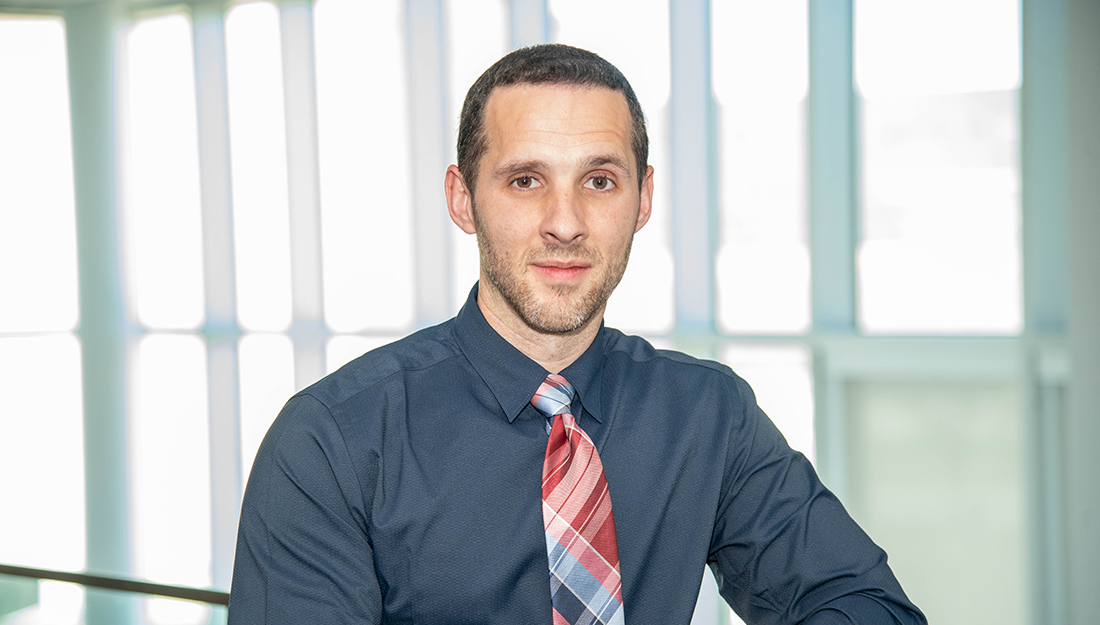- Rae Lynn Mitchell
- Public Health, Show on VR homepage, Trending
Political and personal: the roles of private individuals in policymaking
Researchers study how private citizens change state laws about insurance coverage of autism spectrum disorder

Shot of a group of people participating in a conference
From vaccination requirements to food safety regulations, government policies often play a key role in public health. Because of this, many public health researchers have an interest in understanding how health policies are developed, from introduction to debate to enaction. One prominent area of study has been to understand the role that policy entrepreneurs—individuals who actively promote a policy’s passage and implementation—have on the policy process.
Prior work on the influence of these policy entrepreneurs has focused almost solely on policy entrepreneurs who work as politicians, lobbyists and other professional political operatives rather than private citizens working to bring about policy change. That said, there are many reasons to believe that average citizens are critical to the passage of key health policies.
To address this, Timothy Callaghan, PhD, assistant professor in the Department of Health Policy and Management at the Texas A&M School of Public Health and Steven Sylvester, PhD, a researcher from Utah Valley University, investigated the role of private citizens as policy entrepreneurs. In a new study published in Policy Studies Journal, Callaghan and Sylvester analyzed whether private citizens served as policy entrepreneurs in trying to change state laws to require that insurers provide health coverage for the treatment of autism spectrum disorder (ASD).
“These findings indicate that private citizens can indeed act as policy entrepreneurs, something that had been suspected but not actually analyzed in the study of public policy,” Callaghan said.
Callaghan and Sylvester were also able to investigate why these people stepped up to be policy entrepreneurs when many others did not. They noted that resources like education, income and free time were vital to taking on policy work. A sense of duty to fix something perceived as unjust was another commonly cited reason as was a personal need for change due to their own children being diagnosed with ASD.
ASD, which has been diagnosed with increasing frequency in recent years, can cause issues with socialization, behavior and communication that require intervention such as speech and occupational therapy. These therapies can be financially burdensome, costing thousands of dollars per year. Health insurance companies have historically refused to pay for these therapies, despite their importance to those with ASD, forcing families to cover these costs themselves. Given this financial burden, many parents of children with ASD began trying to influence state legislatures to require coverage, providing an opportunity for Callaghan and Sylvester to explore the role of private citizens as policy entrepreneurs.
To explore the actions of these private citizens in pursuing policy change, Callaghan and Sylvester were able to use connections to the organization Autism Speaks to connect with parents from around the country who have fought for changes to state insurance mandates for ASD treatments. The authors used data from focus groups at the 2017 Autism Law Summit, as well as interviews with experts from autism speaks, to understand when and why private citizens step forward to become leaders in the push for policy change.
Their analysis found that the private citizens can become policy entrepreneurs, develop experience with complex policy subjects and regularly provide testimony during legislative debates. They also frequently had connections to key power brokers in the legislative process and clearly demonstrated the persistence characteristic of policy entrepreneurs, devoting considerable effort to changing policy.
This study and its findings demonstrate that not only can private individuals act as policy entrepreneurs, but that they are often motivated by many of the same factors as politicians, lobbyists and others. However, the sense of duty they noted has not been previously found in research on policy entrepreneurs. This points to possible avenues for further research on the subject.
Additionally, further research is needed to see if these characteristics hold for private individuals in other policy areas, whether such influence by private citizens can be seen at either the local or national level and how state population affects private policy entrepreneur success—in other words, whether they are more effective in small states than large ones. Lastly, Callaghan and Sylvester identify the need for more research on how being a policy entrepreneur affects political views, voting behaviors and engagement.
“These findings provide evidence for something long suspected and pave the way for further research into an area of serious interest among researchers in public health,” Callaghan said. “Additionally, the work done in this study will help clarify the sometimes-convoluted world of policymaking and improve our understanding of what guides and motivates policy entrepreneurs.”
Media contact: media@tamu.edu


